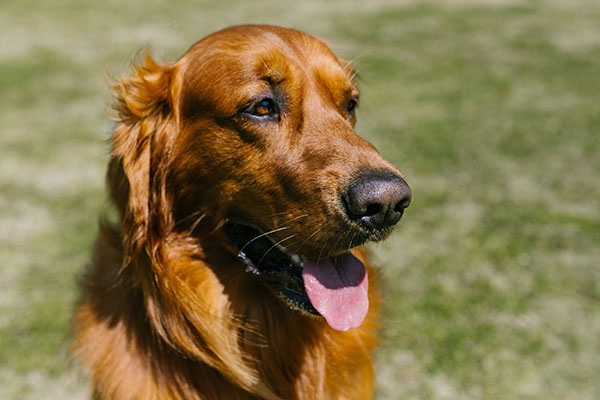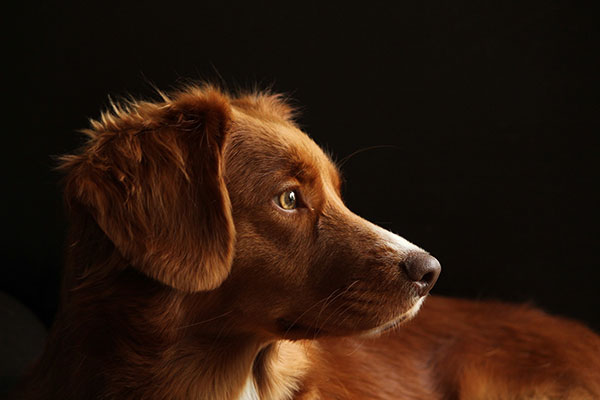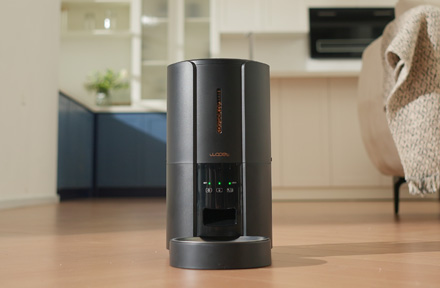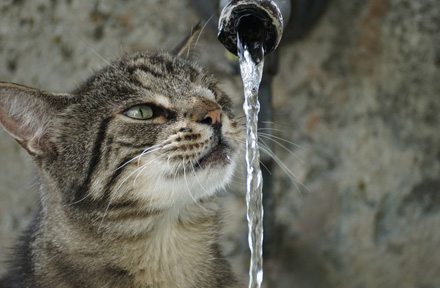May 11, 2023
Author:Lisa Martinez
There's no one-size-fits-for-all answer to this question of how often a dog should eat. Starting with twice a day is usually a good idea.
Nonetheless, the size of the meal portions is more crucial than the frequency of feeding. Portion size may vary based on breed, age, and health condition, and settling on the right amount can be tricky. Read on to learn more about how often dogs should eat.
Dogs can be tiny, large, active, have problematic stomachs, or have dietary sensitivities. And therefore, selecting food for your fur friend is a very personal decision. However, the finest food for your dog should satisfy his nutrition needs.
Discover the factors you should consider when choosing the best diet for your dog. Here's a list:
A dog's age is a crucial factor in determining its caloric needs and feeding frequency.
You should feed your puppy around four times a day until they're three months old because puppies' stomachs are smaller and need more energy than mature dogs. Adult dogs need to fill up their stomach twice a day regularly.

Your dog may experience health problems or weight when it is older. If they lose weight, you may need to feed them more. If they've gained too much weight, the opposite could be beneficial.
Smaller dogs may need more frequent feedings due to their higher metabolic rates to sustain their energy levels. On the other hand, due to their slower metabolic rate, larger canines require fewer frequent meals.

Depending on your lifestyle and what kind of breed you have, your dog's activity level may be higher or lower.
Active dogs must eat more frequently to maintain their higher energy consumption. This is particularly true for working dogs, who may need several meals daily to keep their physical and mental stamina compared to dogs with average or low activity levels.
Dogs with certain health conditions, such as diabetes or gastrointestinal problems, may need to eat more frequently to control their blood sugar levels or treat their symptoms. Dogs may occasionally consume smaller, more frequent meals throughout the day. It helps to control their blood sugar levels or treat their symptoms,

Your dog's breed is one of the deciding factors when choosing when to feed it. You should feed your dog more frequently if you get a large breed, such as a German Shepherd, Golden Retriever, Rottweiler, or Husky.
You'll keep two meals daily for smaller breeds like Chihuahuas, Dachshunds, French Bulldogs, Pugs, or Shih Tzus.
Dogs in colder climates might need to consume more frequently to regulate their body temperatures, whereas canines in warmer climates might need fewer meals to avoid overheating.
Food allergies are a more serious issue. Analyzing your dog's reactions to various foods is essential when selecting dog food. Your dog's diet is probably working if he appears in good health.
It is recommended to talk to your veterinarian about the issue if you suspect that your dog has food sensitivity.
In short, the right meal frequency for a specific dog can depend on various factors, including age, size, activity level, health, breed, food allergies, and environment. To ensure their dogs get the proper nutrition and have enough energy to live a healthy and happy life, owners must pay attention to the specific needs of each dog and modify the feeding schedule appropriately.
While it is a dog's natural instinct to eat when hungry, they can also be trained to connect specific cues with mealtime. There are a few methods that dogs can learn to recognize mealtimes when using an automatic pet feeder.
We recommend WOPET Automatic Cat Feeder. It can be a practical option to ensure that your pet is fed on a regular timetable, even when you are not home. Pet owners with busy plans or frequent travelers may also find it useful.

With this WOPET automatic pet feeder, you can get the following:

Features
Customize Feeding Schedule
Suitable Capacity
Personalized Meal Call
User-Friendly Design
Dual Power Mode
Dogs can learn to recognize cues connected with mealtime when using an automatic pet feeder. Dogs can expect their dinner with the aid of regular feeding schedules, audible and visual cues, and the smell of food.
However, it's important to remember that automatic pet feeders shouldn't be used as a replacement for human contact and attention and that keeping an eye on your dog's weight and adjusting their feeding schedule in accordance with it is essential for preserving their health and wellbeing.
Your dog's age, amount of activity, and general health may impact the best times to feed them. However, on average, most dogs thrive on two meals daily, separated by about 8 to 12 hours. It's essential to check that your dog's feeding routine and portion sizes suit its weight and activity level.
To support your dog's overall health and well-being, you can ensure that you're giving them the right amount of food by keeping an eye on their weight, body condition, and hunger signals, as well as contacting your veterinarian. It's essential to remember that while underfeeding can result in malnutrition and other problems, overfeeding your dog can cause obesity and other health problems.
Your dog's calorie requirements may vary depending on age, weight, degree of activity, and general health. In general, mature dogs need between 25 and 30 calories per pound of weight each day, while puppies occasionally need more. It's necessary to remember that depending on your dog's specific requirements, the number of calories they require can change. For instance, energetic dogs may need more calories, whereas older or less active dogs may need fewer.
The first thing to do if your pet gets a food allergy is to take them to the vet to be correctly diagnosed. Your vet should give your pet a novel protein and carbohydrate supply for a few weeks to see if their symptoms improve.
Popular Post

What to Feed a Sick Dog With No Appetite? [2025 Guide]
May 16, 2023

Troubleshooting Common Issues with Automatic Pet Feeders: Tips & Tricks for Pet Owners
Oct 26, 2023

Why Does My Cat Cough After Drinking Water? 8 Potential Reasons
Mar 13, 2023

Why is My Cat Throwing up Water? Top 5 Causes Here
Feb 08, 2023

My Cat Only Eats A Little at A Time - What to Do?
Feb 27, 2023
$99.99
$129.99
Copyright © 2025 WOPET. All Rights Reserved.